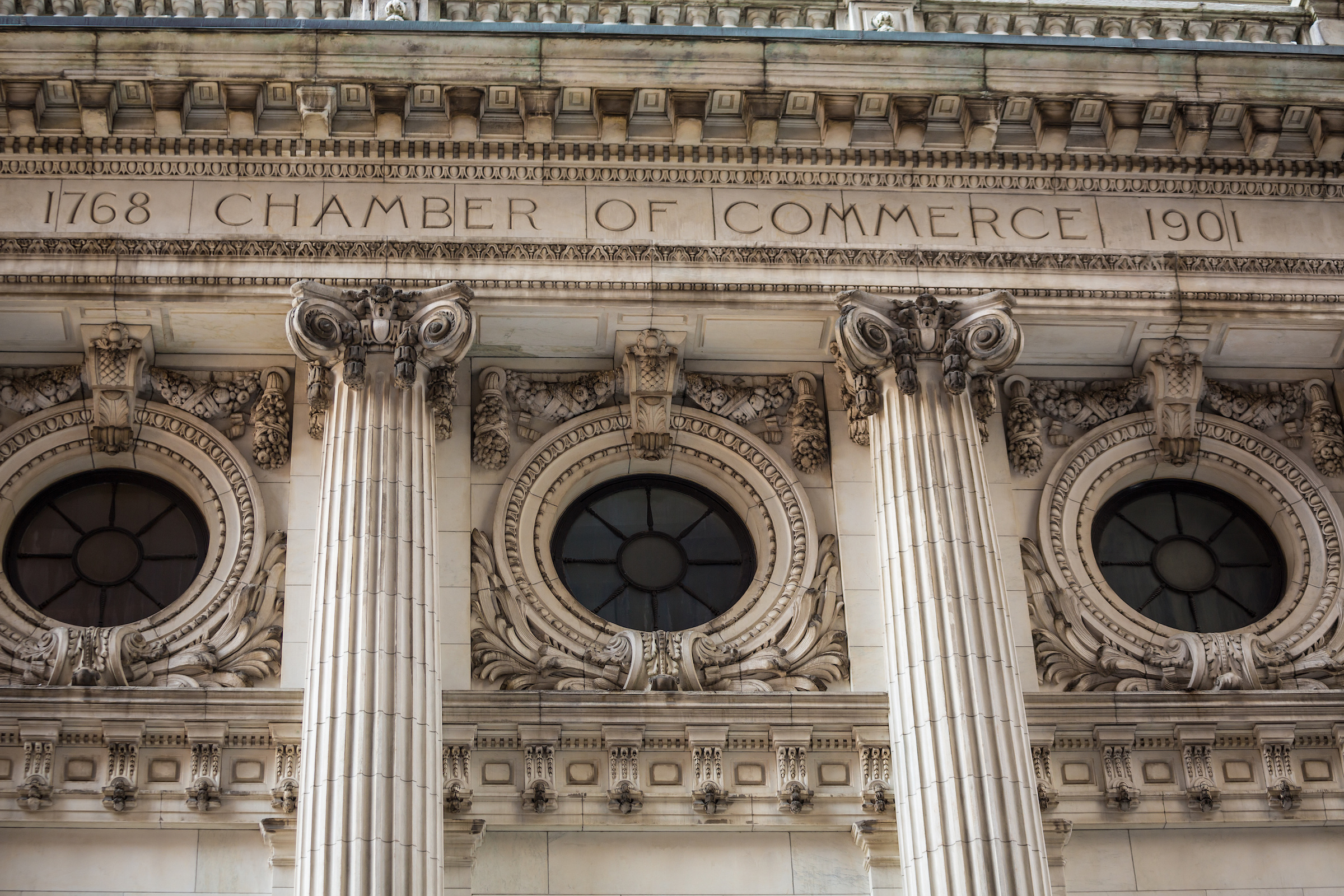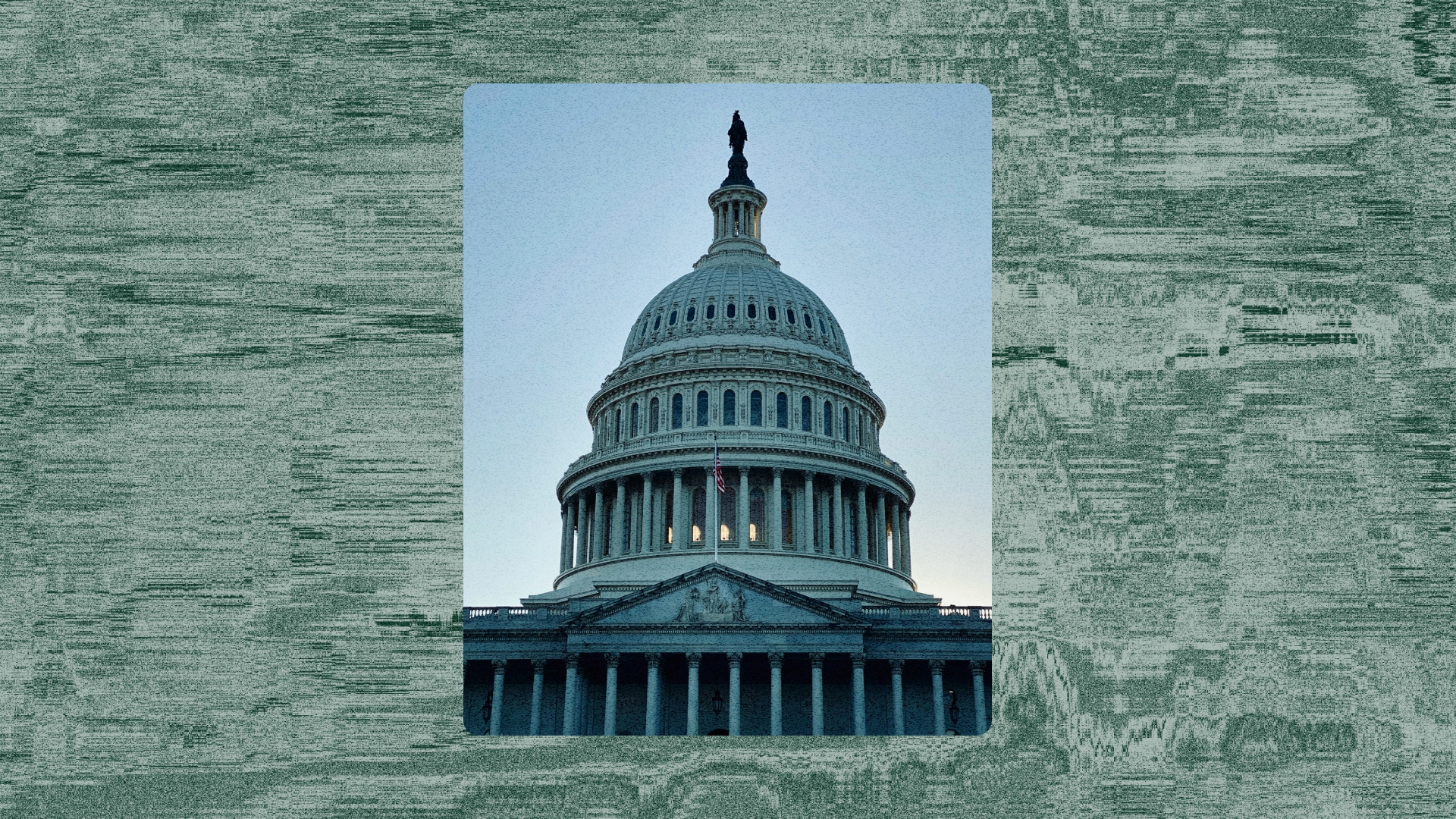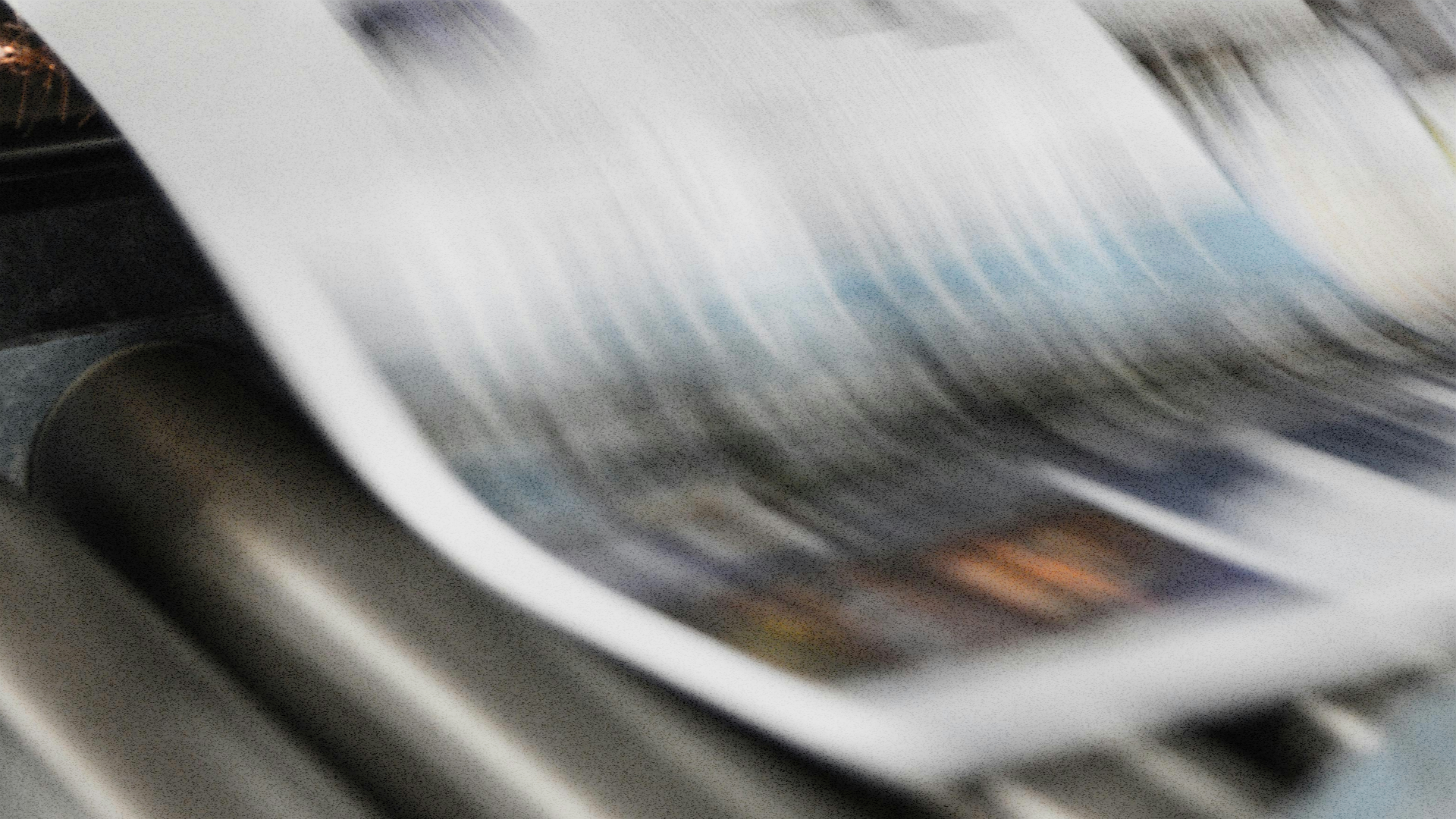
.svg)
The U.S. Chamber of Commerce has filed a federal lawsuit challenging President Trump’s new $100,000 fee on H-1B visas, calling it unlawful and economically harmful. The Chamber, which represents nearly 3 million businesses, said the policy would make it “cost-prohibitive” for employers to hire the skilled foreign workers they rely on to stay competitive.
Boundless CEO Xiao Wang said the lawsuit “properly highlights that a $100,000 fee would significantly reduce participation in the program, resulting in fewer employers being able to access the highly skilled workers they need to continue to innovate and create American jobs.” He added that the policy “further tilts the balance of competition to the largest companies in the world and away from earlier-stage innovators and regional organizations.”
The Legal Challenge
Filed in Washington, D.C., the lawsuit argues that Trump’s September executive order imposing the new fee exceeds presidential authority and disrupts a visa framework established by Congress.
The H-1B program allows U.S. employers to hire foreign workers in specialty occupations, particularly in science and technology fields. Employers currently pay between $2,000 and $3,600 in government fees per application. The new requirement would add $100,000 per new H-1B petition, representing a roughly 30- to 50-fold increase.
The Chamber warned that many employers “are bracing for the need to scale back or entirely walk away from the H-1B program, to the detriment of their investors, customers, and their own existing employees.”
The White House defended the policy as lawful and “a necessary, initial, incremental step towards necessary reforms.” A spokesperson said the measure discourages companies from “driving down American wages” and prioritizes domestic hiring.
The administration clarified that the new fee will apply only to new H-1B petitions filed after September 21, 2025, beginning with the next visa lottery, and that existing visa holders are exempt.
A similar lawsuit was filed earlier this month in California by a coalition of healthcare organizations, unions, and faith-based employers, arguing that the fee unlawfully restricts access to skilled labor.
What the Research Shows
The Chamber’s lawsuit points to several studies showing how high-skilled immigration drives U.S. innovation and growth.
- Between 1990 and 2010, foreign STEM workers accounted for roughly one-third to one-half of productivity growth in U.S. cities.
- At the firm level, winning an H-1B lottery led to increased hiring of both immigrant and U.S.-born employees.
Research also shows that from 2000 to 2015, the growing share of foreign-born STEM professionals in the U.S. economy created an estimated $103 billion in benefits for American workers, largely through innovation-driven productivity gains. Another study found that over a 12-year period, firms with high H-1B participation grew in value about three times faster than comparable firms without such hires.
Implications
If upheld, the $100,000 fee could reshape how U.S. employers hire and compete globally.
For businesses, the fee represents an unprecedented cost increase that could push small and midsize companies out of the H-1B program entirely. Larger corporations may absorb the cost, but early-stage innovators could lose access to the international talent pipelines that fuel growth.
For immigrant professionals, the fee raises barriers to entry into the U.S. workforce at a time when global competition for skilled workers is intensifying. Advocates warn that it could shift innovation and job creation abroad, as companies turn to offshore or remote teams instead.
Ultimately, the lawsuit will test how far the White House can go in changing employment-based immigration policy without congressional approval.
{{cta-component-horizontal-aligned}}
.png)
The U.S. Chamber of Commerce has filed a federal lawsuit challenging President Trump’s new $100,000 fee on H-1B visas, calling it unlawful and economically harmful. The Chamber, which represents nearly 3 million businesses, said the policy would make it “cost-prohibitive” for employers to hire the skilled foreign workers they rely on to stay competitive.
Boundless CEO Xiao Wang said the lawsuit “properly highlights that a $100,000 fee would significantly reduce participation in the program, resulting in fewer employers being able to access the highly skilled workers they need to continue to innovate and create American jobs.” He added that the policy “further tilts the balance of competition to the largest companies in the world and away from earlier-stage innovators and regional organizations.”
The Legal Challenge
Filed in Washington, D.C., the lawsuit argues that Trump’s September executive order imposing the new fee exceeds presidential authority and disrupts a visa framework established by Congress.
The H-1B program allows U.S. employers to hire foreign workers in specialty occupations, particularly in science and technology fields. Employers currently pay between $2,000 and $3,600 in government fees per application. The new requirement would add $100,000 per new H-1B petition, representing a roughly 30- to 50-fold increase.
The Chamber warned that many employers “are bracing for the need to scale back or entirely walk away from the H-1B program, to the detriment of their investors, customers, and their own existing employees.”
The White House defended the policy as lawful and “a necessary, initial, incremental step towards necessary reforms.” A spokesperson said the measure discourages companies from “driving down American wages” and prioritizes domestic hiring.
The administration clarified that the new fee will apply only to new H-1B petitions filed after September 21, 2025, beginning with the next visa lottery, and that existing visa holders are exempt.
A similar lawsuit was filed earlier this month in California by a coalition of healthcare organizations, unions, and faith-based employers, arguing that the fee unlawfully restricts access to skilled labor.
What the Research Shows
The Chamber’s lawsuit points to several studies showing how high-skilled immigration drives U.S. innovation and growth.
- Between 1990 and 2010, foreign STEM workers accounted for roughly one-third to one-half of productivity growth in U.S. cities.
- At the firm level, winning an H-1B lottery led to increased hiring of both immigrant and U.S.-born employees.
Research also shows that from 2000 to 2015, the growing share of foreign-born STEM professionals in the U.S. economy created an estimated $103 billion in benefits for American workers, largely through innovation-driven productivity gains. Another study found that over a 12-year period, firms with high H-1B participation grew in value about three times faster than comparable firms without such hires.
Implications
If upheld, the $100,000 fee could reshape how U.S. employers hire and compete globally.
For businesses, the fee represents an unprecedented cost increase that could push small and midsize companies out of the H-1B program entirely. Larger corporations may absorb the cost, but early-stage innovators could lose access to the international talent pipelines that fuel growth.
For immigrant professionals, the fee raises barriers to entry into the U.S. workforce at a time when global competition for skilled workers is intensifying. Advocates warn that it could shift innovation and job creation abroad, as companies turn to offshore or remote teams instead.
Ultimately, the lawsuit will test how far the White House can go in changing employment-based immigration policy without congressional approval.
{{cta-component-horizontal-aligned}}
Maximize your chances in the H-1B lottery with Boundless’ strategic support.
Discover our corporate immigration solutions and secure the talent you need.
.png)
.png)







.svg)
.avif)